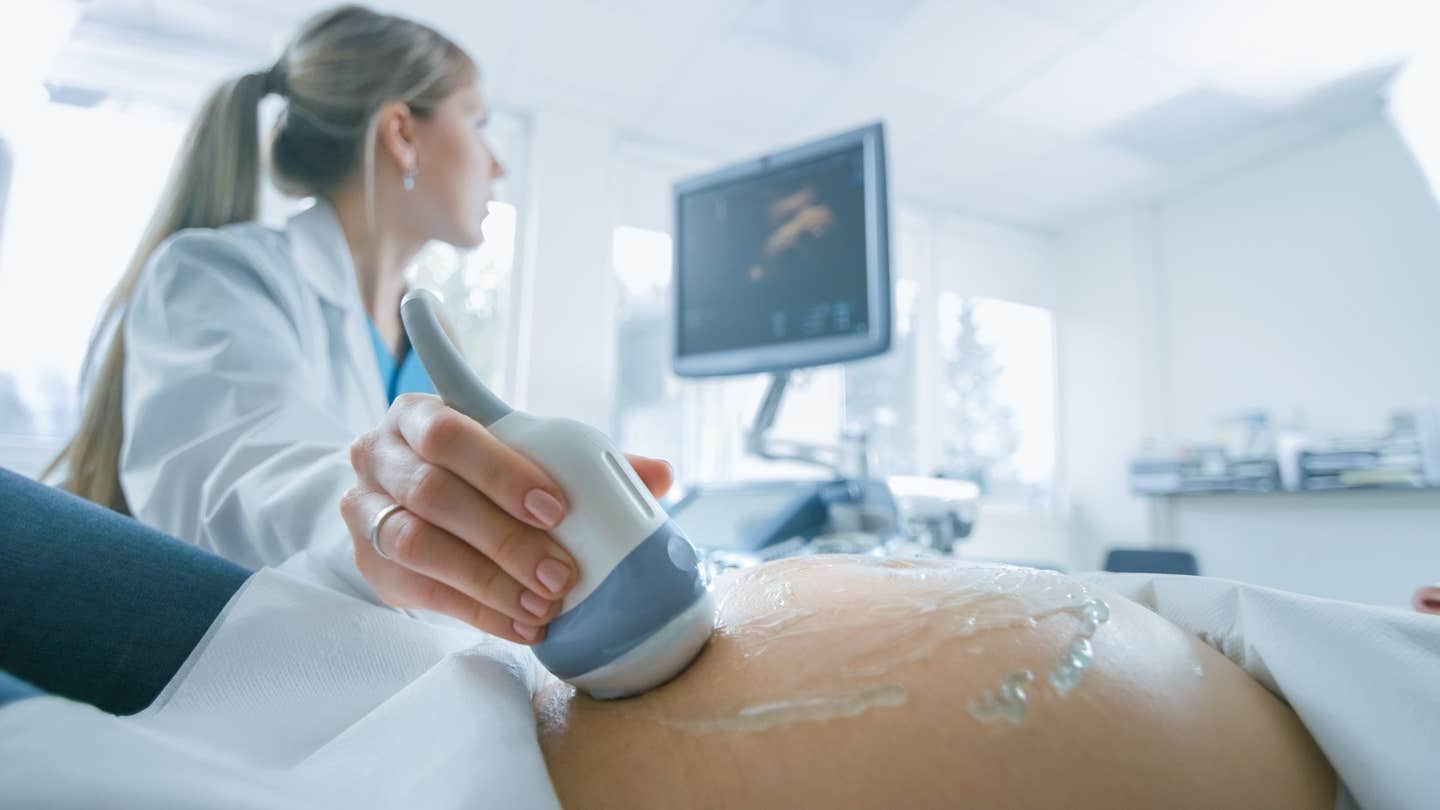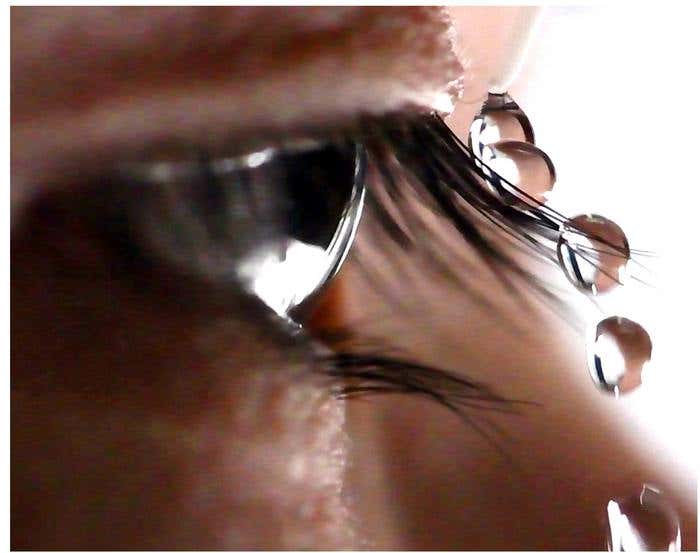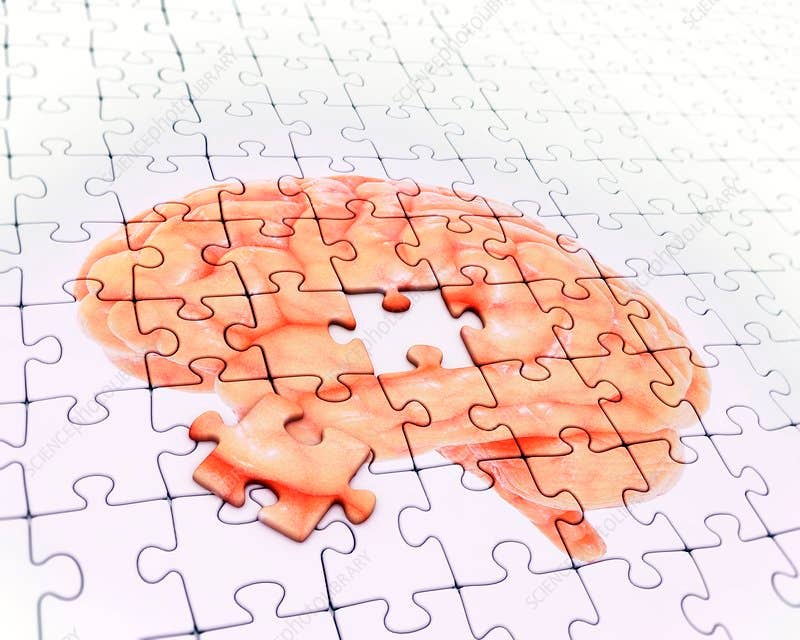Cutting-edge new AI helps doctors detect congenital heart defects
AI-enhanced ultrasounds improve congenital heart defect detection, leading to earlier diagnoses and better neonatal outcomes.

A new AI-assisted ultrasound system is helping doctors detect congenital heart defects earlier. (CREDIT: CC BY-SA 4.0)
Congenital heart defects (CHDs) are the most common birth defect, affecting nearly 1 in 100 newborns. In the United States, about 1 in 4 infants born with a heart defect requires medical intervention within their first year.
Despite advancements in prenatal care, standard ultrasounds often miss these conditions, delaying crucial diagnoses. Many ultrasounds are conducted by general obstetricians rather than specialists trained in fetal cardiology, contributing to lower detection rates.
A new study presented at the Society for Maternal-Fetal Medicine’s annual meeting suggests that artificial intelligence can significantly improve the detection of congenital heart defects during routine prenatal ultrasounds.
Researchers found that AI-assisted software enhances the accuracy and efficiency of ultrasound screenings, potentially leading to earlier diagnoses and improved neonatal outcomes.
AI Enhances Detection Rates
In the study, 14 obstetricians and maternal-fetal medicine specialists, with experience ranging from one to more than 30 years, reviewed 200 prenatal ultrasounds. Each physician analyzed the images both with and without AI assistance. Regardless of experience level, the software improved clinicians’ ability to identify cases suspicious for congenital heart defects.
The AI program not only increased detection rates but also boosted physicians' confidence in diagnosing these defects. It reduced the time required to determine whether an abnormality was present, streamlining the diagnostic process.
Christophe Gardella, chief technical officer at BrightHeart, the Paris-based developer of the AI software, emphasized the significance of these findings. “Most congenital heart defects occur in pregnancies considered low-risk, meaning they are typically assessed by OB-GYNs rather than maternal-fetal medicine specialists,” he explained. “Our AI software was developed with experts to elevate detection rates among non-specialists and enable earlier diagnoses to improve outcomes.”
Related Stories
Dr. Jennifer Lam-Rachlin, the study’s lead author and director of fetal echocardiography at Carnegie Imaging for Women, reinforced this point. “At least half of prenatal ultrasounds in the U.S. are reviewed by medical professionals who may not be trained in prenatal ultrasound,” she noted. “That accounts for why congenital heart defect detection remains low, even in developed countries.”
The AI-driven software, she said, offers a way to bridge this gap, improving early diagnosis regardless of the clinician’s level of experience.
A Game-Changer in Fetal Cardiology
Fetal heart assessments are among the most technically demanding aspects of prenatal ultrasound. Traditional screenings rely on the skill and experience of individual physicians, leaving room for human error. AI-powered solutions like BrightHeart’s software provide an additional layer of support, helping to confirm abnormal findings while also reinforcing confidence in normal results.
Cécile Dupont, BrightHeart’s CEO, highlighted the broader impact of AI in prenatal diagnostics. “Our AI-powered solution assists clinicians in detecting potential abnormalities earlier while also enhancing their confidence in confirming normal findings,” she said. “This is critical for the peace of mind of expectant families.”
The AI system is designed to integrate seamlessly into existing workflows, reducing the burden on already overworked sonographers and OB/GYNs. By automating key aspects of the evaluation process, the software saves time and improves accuracy. In resource-constrained medical settings, where access to fetal cardiology specialists is limited, this innovation could be particularly valuable.
BrightHeart’s journey from concept to FDA clearance has been remarkably swift. Founded just two years ago by pediatric cardiologists Dr. Marilyne Levy and Dr. Bertrand Stos, the company has rapidly brought its AI technology to clinical practice.
Dupont attributes this success to the dedication of the expert team behind the technology. “We’ve moved from concept to FDA clearance in record time, demonstrating the potential of our product and the agility of our team,” she said.
With AI now playing a growing role in prenatal care, this breakthrough represents a significant advancement in congenital heart defect detection. Earlier diagnoses mean better preparedness for both medical teams and families, allowing for timely interventions that could save lives.
As AI continues to refine its role in medicine, technologies like this could become essential tools in improving neonatal outcomes worldwide.
BrightHeart received FDA 510(k) clearance for its first AI software product in November 2024.
Note: Materials provided above by The Brighter Side of News. Content may be edited for style and length.
Like these kind of feel good stories? Get The Brighter Side of News' newsletter.
Rebecca Shavit
Science & Technology Journalist | Innovation Storyteller
Based in Los Angeles, Rebecca Shavit is a dedicated science and technology journalist who writes for The Brighter Side of News, an online publication committed to highlighting positive and transformative stories from around the world. With a passion for uncovering groundbreaking discoveries and innovations, she brings to light the scientific advancements shaping a better future. Her reporting spans a wide range of topics, from cutting-edge medical breakthroughs and artificial intelligence to green technology and space exploration. With a keen ability to translate complex concepts into engaging and accessible stories, she makes science and innovation relatable to a broad audience.



